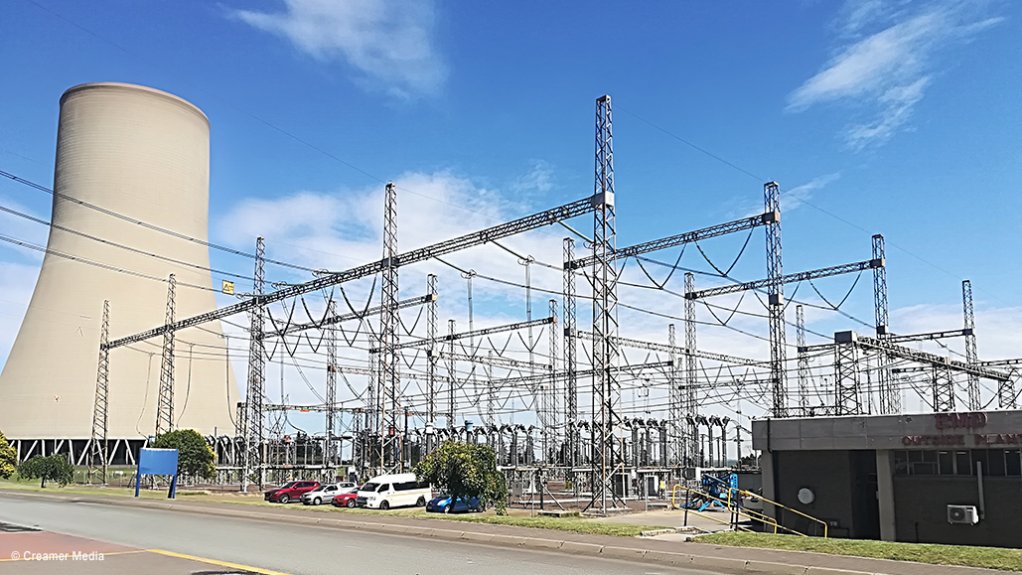The South African government is proposing to reduce its planned allocations to Eskom under a previously announced R254-billion debt-relief package by R2-billion a year for the 2023/24 and 2024/25 periods, owing to the utility’s failure to dispose of the Eskom Finance Company (EFC) by the agreed timeframe of March 31, 2024.
Allocations of R78-billion in 2023/24 and R66 billion were announced previously.
However, the National Treasury confirmed that R16-billion of the 2023/24 allocation had been converted to equity after Eskom complied with all the conditions for the first quarter.
The National Treasury also announced that R1.2-billion of a R3.4-billion support package for Denel remained ring-fenced for the State-owned defence company, but would be disbursed only once Denel made progress on meeting conditions placed on the disbursement of the funds.
The Budget Review notes that Denel had not submitted annual financial statements for the last three years.
NO NEW TRANSNET ALLOCATION
No new allocation was announced for Transnet, following the December approval of a R47-billion guarantee to assist with maturing debt and the implementation of a recovery plan.
“Transnet has been granted approval to use only R14-billion of the guarantee between December 2023 and March 2024 to pay off maturing debt.
“This is to ensure that Transnet implements the short-term initiatives in the recovery plan and aligns it with the Cabinet-approved roadmap for freight logistics,” the Budget Review states.
It notes that the key areas identified to improve operational performance in the short term include accelerating capital spending on operational equipment such as port cranes, marine vessels and rail rolling stock.
“The rail recovery focuses on allocating capital for the rehabilitation of rail infrastructure and returning older locomotives to service.
“Government and Transnet have agreed on conditions required to improve sustainability at Transnet and in the sector, encapsulated in Transnet’s recovery plan.
“Transnet is required to divest noncore assets, reduce its current cost structure and explore alternative funding models for infrastructure and maintenance, including project finance, third-party access, concessions and joint ventures.”
EMAIL THIS ARTICLE SAVE THIS ARTICLE ARTICLE ENQUIRY
To subscribe email subscriptions@creamermedia.co.za or click here
To advertise email advertising@creamermedia.co.za or click here











